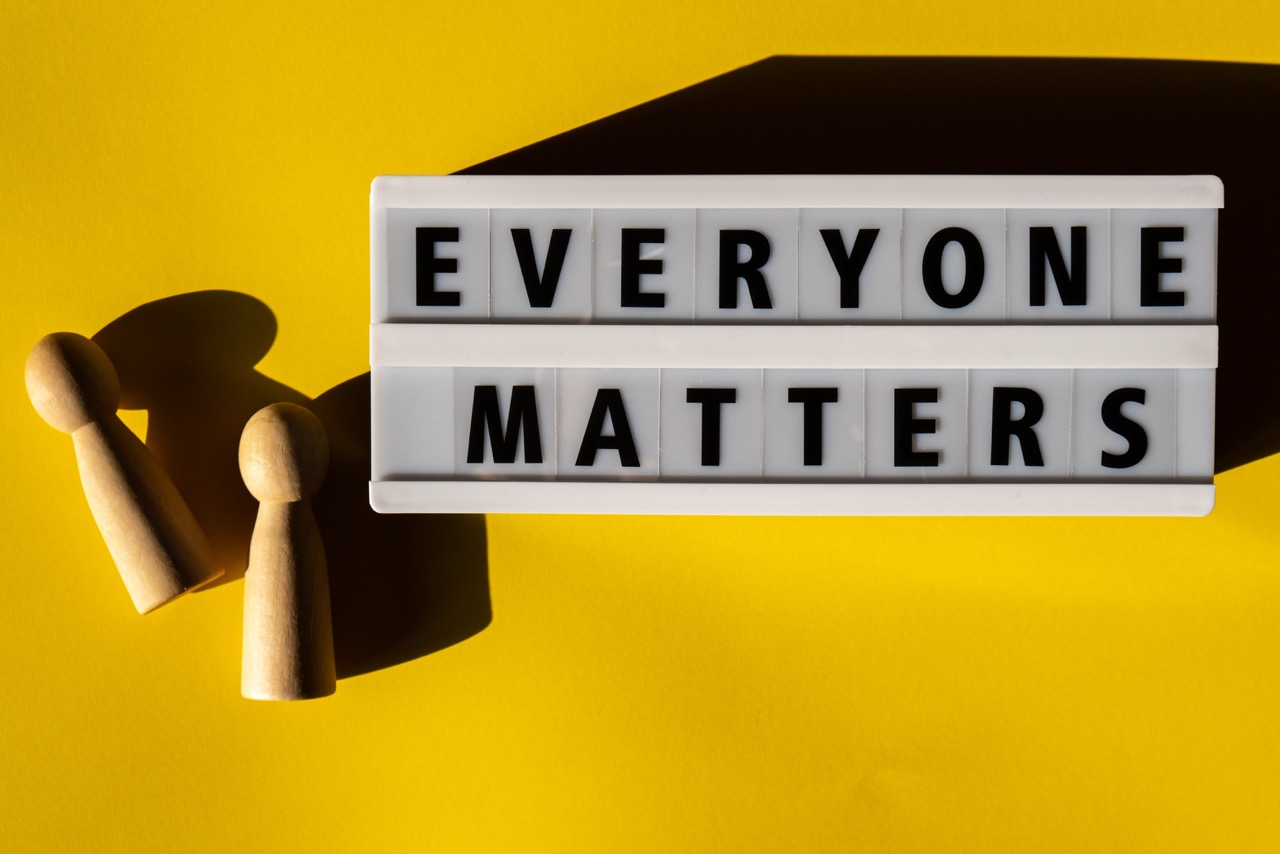Microaggressions are subtle, often unintentional, comments or actions that can have a significant negative impact on the recipient. These everyday slights or dismissive comments—though seemingly minor—can reinforce harmful stereotypes and contribute to feelings of exclusion and marginalization.
Examples of microaggressions include:
- Backhanded Compliments: “You speak English so well!” (implying someone doesn’t belong).
- Stereotypical Comments: “You don’t look like you’re from [X country].”
- Excluding Statements: “You’re so articulate for someone your age.”
The Impact:
While microaggressions may seem small, they can create a hostile and unwelcoming environment, making employees feel undervalued or singled out. Over time, this can lead to decreased morale, higher stress levels, and disengagement from work. For businesses, these impacts can manifest in higher turnover, decreased productivity, and an overall less inclusive workplace culture.
By understanding and addressing microaggressions, we can create spaces where everyone feels respected and valued. Let’s work toward more inclusive conversations and behaviors.



